Once a person has made the profound decision to become more than what they have been in the past, a subtle but unmistakable shift begins to take place within them. It is as if, for the first time, they are able to peer just a little beyond the veil that has always obscured their vision, to catch a fleeting glimpse of the invisible prison—the cube—that has, until now, quietly contained and defined their existence. This realization can be both exhilarating and deeply unsettling. Suddenly, the familiar world is revealed as a kind of elaborate cage, and the comforting routines that once seemed so natural now feel like the bars that keep one trapped.
In this moment of awakening, a thousand questions arise. What now? What steps must be taken to escape these invisible boundaries? What exercises, what techniques, what personal work must be undertaken to break free from the constrictions of awareness and action that have shaped life up to this point? The urge to change, to transcend, becomes almost overwhelming, yet the path forward is anything but clear. For many, this initial reckoning with the true nature of their predicament brings with it a wave of futility and despair. The prison, once invisible, now looms large and impenetrable. To see just a sliver of the true world, to sense the vastness beyond and yet remain confined, can feel like a special kind of torment; a hell with no exit, a maze with no solution.
The angst and anxiety that accompany this realization are not to be underestimated. It is as if, in discovering the bars of the cage, one is also forced to confront the possibility that escape might be impossible. The mind races with doubts: Am I doomed to remain here forever? Is there any hope of breaking free, or is this simply the nature of existence? The temptation to sink back into the comfort of ignorance is strong, but once the veil has been lifted, even slightly, it is nearly impossible to unsee what has been seen.
Yet, as I and others have often said, this reality (this seemingly inescapable prison) is best understood not as a punishment, but as a school. It is a teaching ground, a place designed to torment, but also to instruct. Within its boundaries lies the possibility, however faint, of learning the lessons necessary to slowly but surely extricate oneself from the limitations that have been imposed. The very walls that confine us are also the surfaces upon which we can sharpen our awareness, our will, our capacity for freedom.
This, then, is the first and most important rule: the prison must be seen as a challenge. It is not an eternal sentence, but a test. It’s an invitation to rise above the animal instincts, the zombie-like reactions, the lemming-like tendency to follow the herd without question. The average human response, it seems, is to make all the wrong choices, to stumble blindly along well-worn paths that lead nowhere. And yet, if this place is truly a school, then there must be a way to learn, to grow, to break free.
But how can this be a school, when everything around us seems designed to keep us asleep, to keep us trapped? The answer, as with all great journeys, is that we must begin from the very beginning…
The True Beginning: Following the Path of Joy, Not Pain
Interestingly, the place to begin this journey of transformation is not, as so many believe, by launching ourselves into some grueling, joyless exercise routine or self-imposed discipline that only serves to trap us further. The world, with all its dogma and inherited beliefs, would have us think otherwise. Our first reaction, almost instinctual, is to respond as the lemming does, as the zombie does, which is to follow the well-trodden path that has been laid out for us by others, to accept without question the old adage that “no pain, no gain.” We are told that to grow, to break free, we must suffer more, we must endure more, we must force ourselves into a regimen that feels unnatural and punishing. This is the reaction of the herd, the reflex of those still caught in the cube.
But the deeper truth is far more liberating. Like all things in the natural world, we are each given unique paths to follow; paths that, when discovered, feel right and true to us as individuals. Everything that we are, and everything that we are meant to become, is part of an individual journey crafted specifically for us. This is another rule of the school we find ourselves in: the path out is not a one-size-fits-all ordeal of suffering, but a personal odyssey, tailored to our essence.
So, rather than beginning with what we hate or what brings us pain, we must start by engaging with those things that we genuinely enjoy. This may sound heretical to the world at large. Society may call it lazy, selfish, even sinful to follow what brings us pleasure. But the reality is that, in order to move forward, we must listen to the quiet voice within that draws us toward joy, curiosity, and fulfillment. For some, this might even include a kind of pain (after all, there are those who find meaning and satisfaction in challenge and exertion) but the difference is that this pain is chosen, embraced, and, in a sense, enjoyed. It is not forced upon us by external expectations or dogma.
What does this mean in practical terms? It means that your journey can begin with your hobbies, your interests, the things that light you up inside. If you love playing video games, you can use that as a tool for growth and self-discovery. If you enjoy watching television, you can turn that into a path toward greater awareness. Perhaps you have a spiritual practice that feels more like a hobby than a duty; this, too, can be your way in. The crucial thing is not what you do, but how you do it.
When you engage in your chosen activity, do so utterly. Immerse yourself in it. Allow it to absorb your attention fully. This is where the next great rule comes into play: to master your reality, you must master your awareness. And to master your awareness, you must develop unbending focus; unbending intent. It is not the act itself that matters, but the quality of your attention as you perform it. By learning to focus completely on what you love, you begin to reclaim your power from the forces that seek to scatter and dilute it.
In this way, the journey out of the cube does not begin with suffering, but with joy. It does not require you to become someone you are not, but rather to become more fully who you already are. And as you walk this path, following the thread of your own unique interests and passions, you will find that the boundaries of your prison begin to loosen, and the world opens up in ways you could never have imagined.
Knowing Thyself: Distinguishing True Desire from the Mob Mind
But it is at this crucial point (indeed, as an ongoing and never-ending process) that a deeper question must be asked: Is what I do, what I like, and what I call my hobby truly an expression of my essence, or is it merely the result of the mob mind? In other words, are your passions and pursuits genuinely yours, or are they subtle echoes of what society, culture, and the collective consciousness have conditioned you to believe you enjoy?
This is where the journey becomes both more challenging and more rewarding. To move forward, you must embark on the most important quest of all: to know yourself. This means learning to discern the difference between the person you truly are at your core and the person who has been shaped, molded, and perhaps even distorted by the expectations and influences of the world around you.
This process is not simple, nor is it quick. It requires a willingness to look deeply within, to question your motives, and to honestly assess whether your interests are authentic or simply adopted. Ironically, the way to discover your true self often involves doing more of the things you already enjoy: your hobbies, your pastimes, those activities that draw your attention and spark your curiosity. The key, however, is to engage with them consciously and wholeheartedly.
For example, as I have written before, you might find genuine joy in playing video games or watching television. If these activities resonate with you on a deep level (if they feel like an authentic extension of your being, rather than something you do to fit in or escape) then they can become powerful tools for self-exploration and growth. The world may scoff, insisting that such pursuits are frivolous or even harmful, but if they are truly yours, they can serve as portals to greater awareness.
The practice, then, is to dedicate yourself fully to these activities. Immerse yourself in them, not as a means of distraction, but as a way of expanding your horizons and playing with the different facets of your awareness. Every hobby, when approached with focus and intent, has the potential to teach you something new about yourself. There are often hidden layers and nuances within even the most ordinary pastimes; subtle aspects waiting to be discovered if you dig deep enough and listen to your inner guides.
This is where intuition and instinct come into play. As you explore your interests, pay close attention to the subtle signals from within. Sometimes you may find yourself pushing past the point of enjoyment, continuing an activity simply because you feel you must; because that is what is expected, or what is considered “normal.” But your inner guides (your instincts, your intuition) will often nudge you in another direction. It is up to you to learn to recognize these signals and to trust them.
By following your genuine desires, rather than the dictates of the mob mind, you begin to peel away the layers of conditioning and move closer to your true self. This is not always easy, and it requires ongoing reflection and honesty. But as you learn to distinguish between what you truly want and what you have been told to want, you will find yourself moving ever closer to freedom: the freedom to live, to create, and to become, on your own terms.
Conclusion: Becoming Unwavering and Authentically Yourself
So, in this way, you begin to develop unwavering focus while simultaneously uncovering the aspects of yourself that are most genuine, which are those things that truly resonate with your heart. By pursuing the hobbies and interests that bring you joy, you are not only sharpening your attention and intent, but also peeling back the layers to reveal your authentic self.
Often, the things we love most stand in quiet defiance of the prevailing currents of the mob mind. By daring to follow your unique passions, even when they seem to go against the grain of societal expectations, you cultivate a relentless quality in yourself; a steadfastness that is born from true desire rather than obligation. This pursuit, in the face of dogma and the rules of the world, becomes a battlefield in which your focus is tempered and your will is strengthened. You learn to fortify the walls of your true self, enabling you to withstand the tides that would otherwise bind and confine you.
As you walk this path, you will also become more attuned to your inner voice. Through practice, you will learn to listen more deeply and trust more fully in your intuition and instincts. With each step, you will find yourself growing more into your authentic self, living with greater freedom, clarity, and purpose.
If you would like to learn how to stand firm against the mob and the endless tide of energy that binds you and keeps you in a cube, then I recommend my book, Overcoming the Archon Through Alchemy. In this book, I go into detail about understanding the basics of the mob mind from a memetic perspective, and then delve into the energetic components, showing you how to develop the ability to both absorb and project energy so that you can become the center of the storm and, from there, grow outward into your fullest potential.

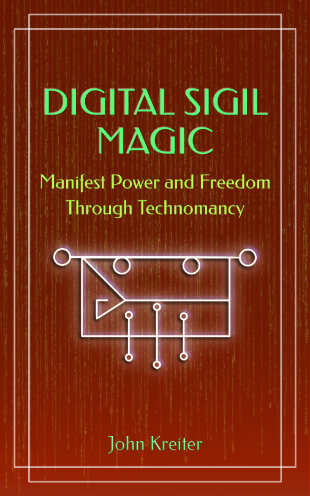
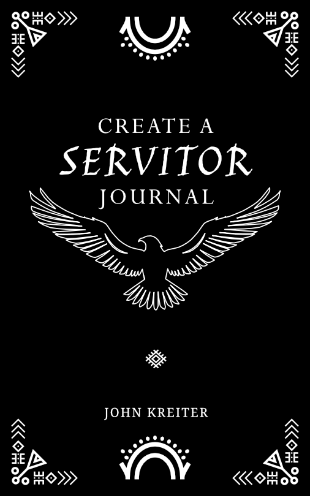
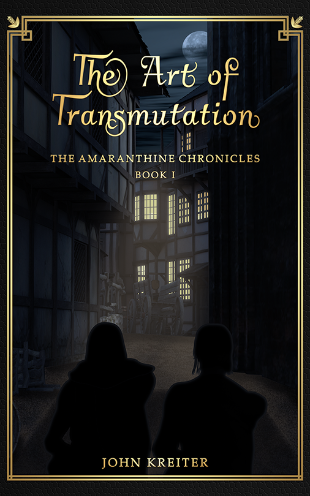
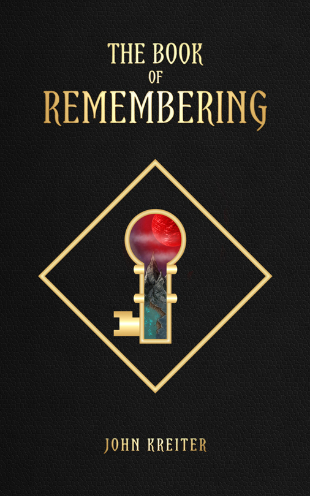
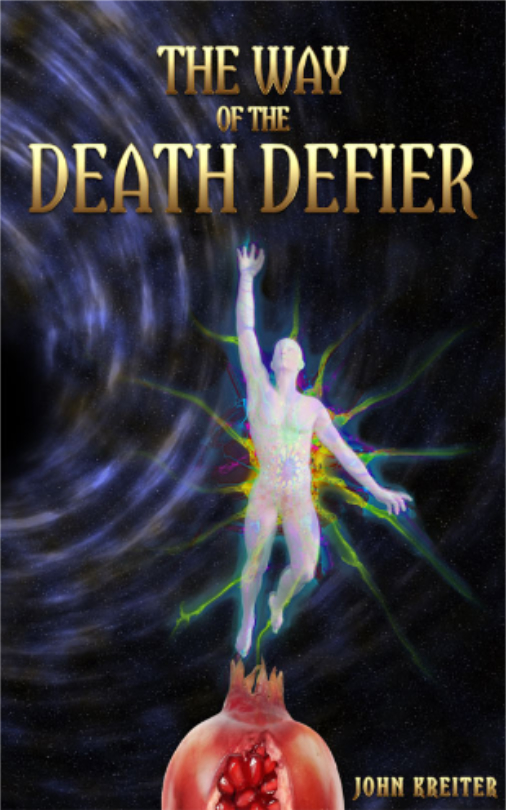
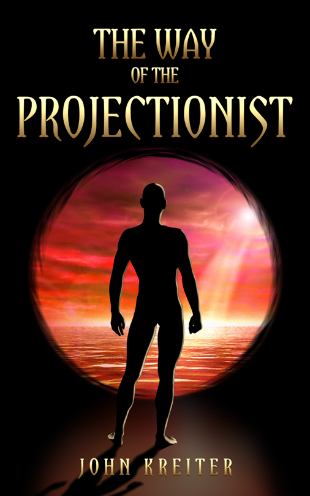
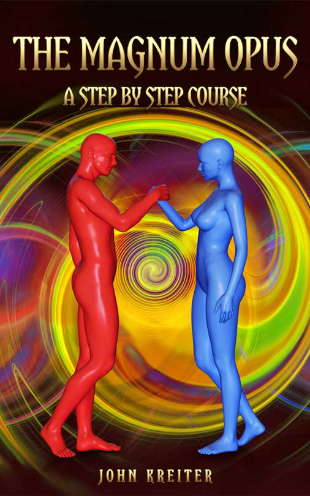
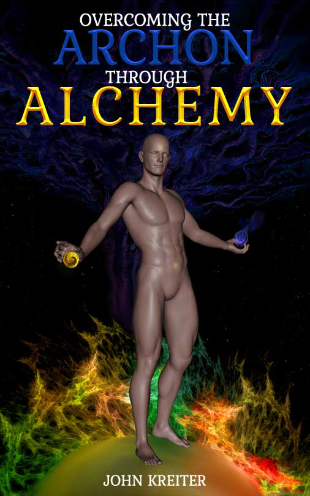
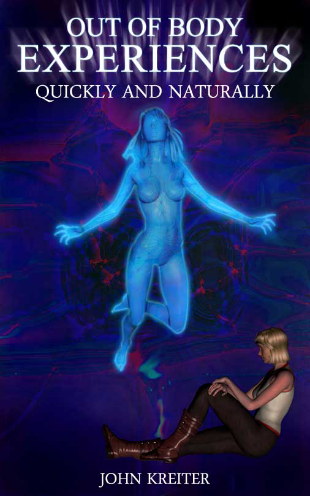
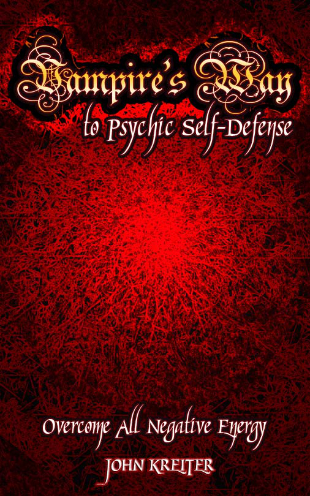
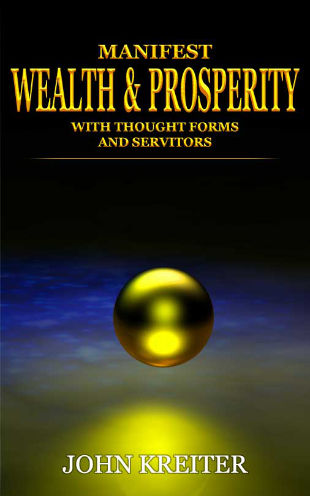
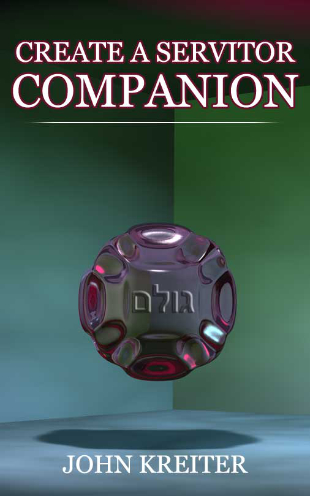
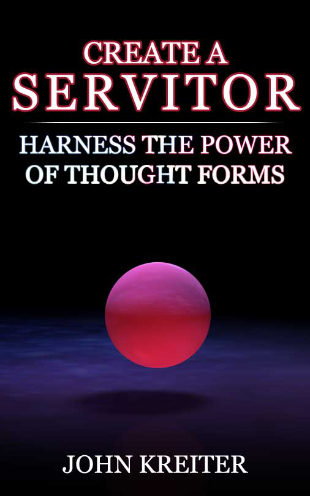
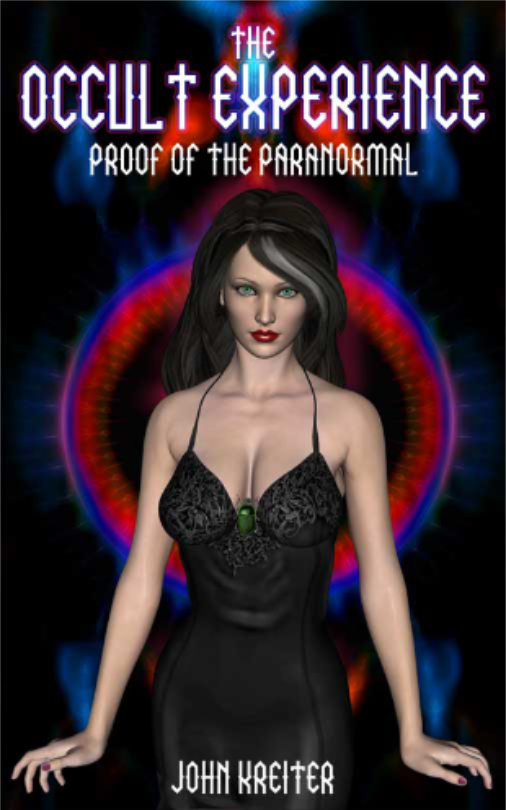
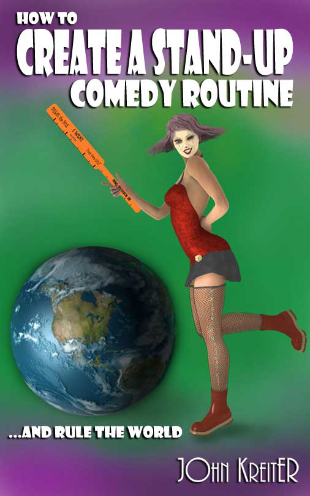
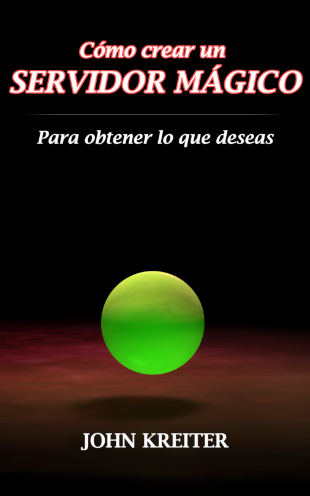
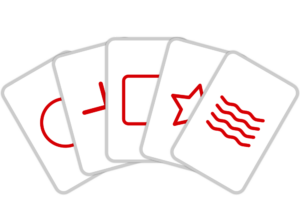
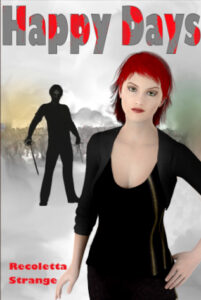
Leave a Reply